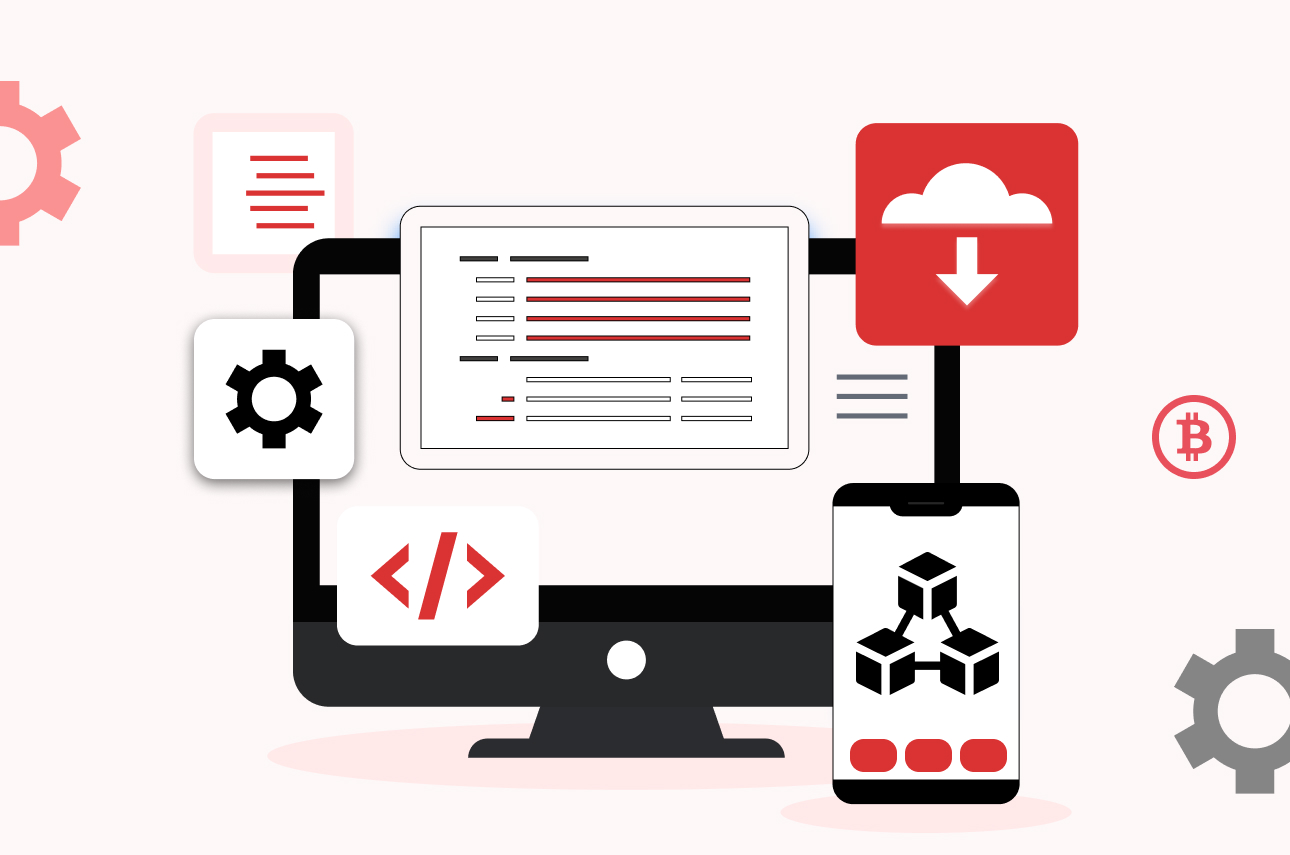Introduction
Integrating blockchain into mobile apps emerges as one of the most coveted advancements in cutting-edge technology. Currently, businesses of all sizes, be they large corporations or small enterprises, are actively embracing blockchain and incorporating it into their existing systems.
For an extended period, blockchain technology was predominantly linked to cryptocurrencies such as Bitcoin, Ethereum, and others. However, it has now evolved into a vital component of mobile app development, enhancing payment speed and security significantly.
Indeed, according to Techjury, the blockchain technology market is projected to yield a substantial revenue of $20 billion by the year 2024!
In recent times, blockchain has emerged as a technological marvel for numerous businesses, including the realm of mobile application development. Boasting features like a completely decentralized blockchain network, a peer-to-peer disbursement architectural style, and keyless development and programming.
Anticipated to bring numerous advantages, it empowers mobile app development service providers to craft mobile apps that are immune to fraud, information leakage, and security concerns.
To better understand how mobile apps can benefit from blockchain technology, you first need to understand what blockchain is and how it works.
So, let’s get started.








